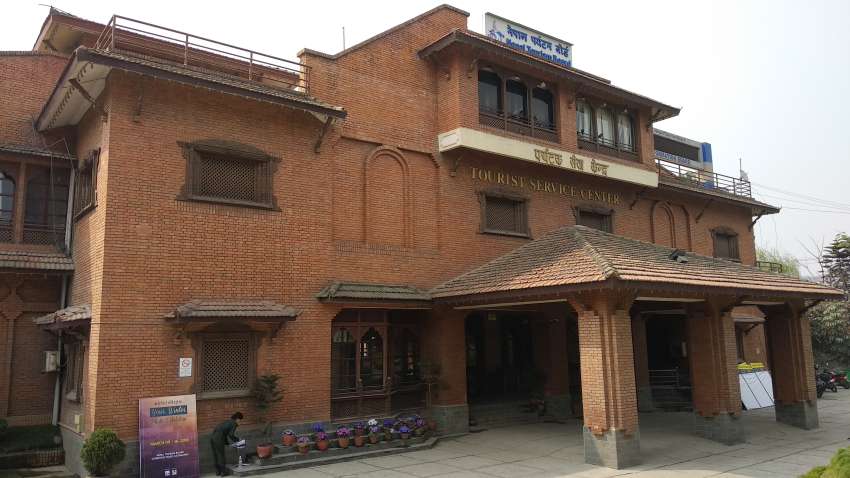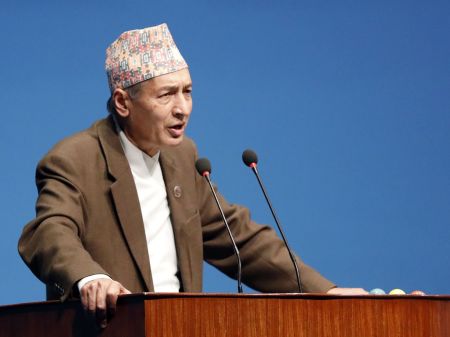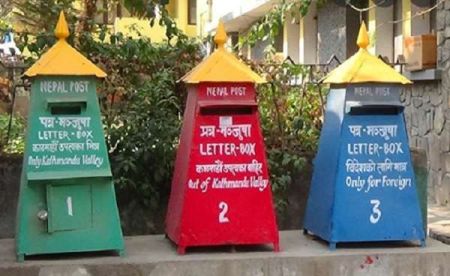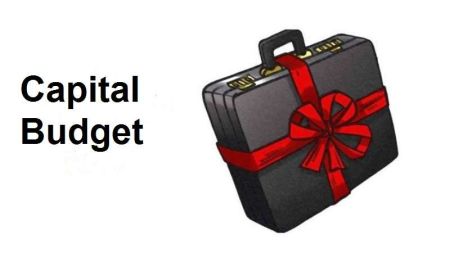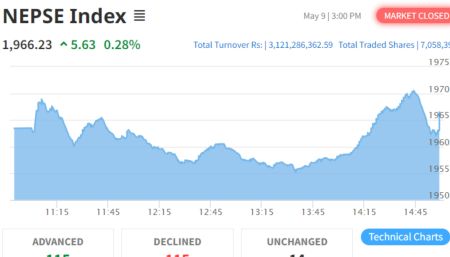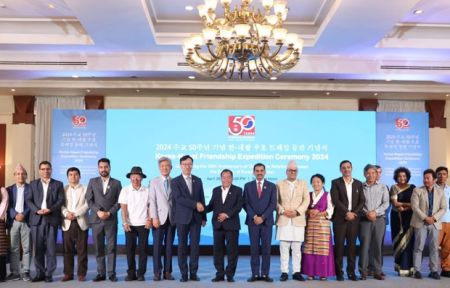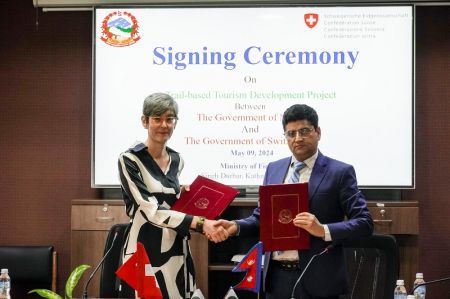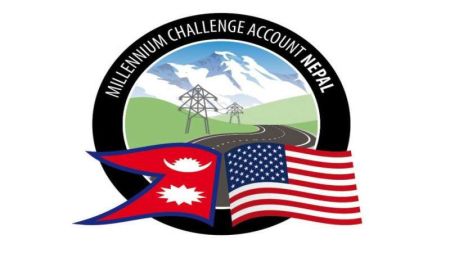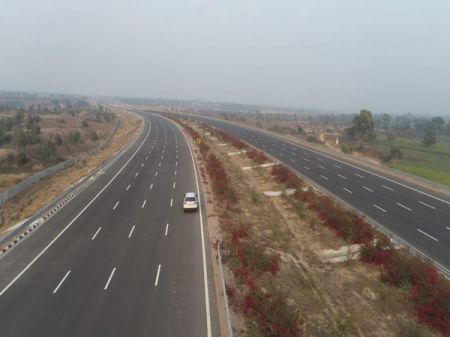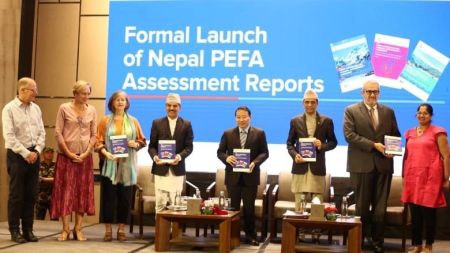BY Tamish Giri
The Nepal Tourism Board (NTB) celebrated its 25th anniversary on the last day of 2023. Established on December 31, 1998, and officially recognised as a statutory organisation on February 26, 1998, by the parliament, NTB was created to promote and advance tourism in Nepal through joint initiatives between the government and private sector. Over its twenty-five-year existence, the NTB has achieved notable milestones such as welcoming one million tourists in a year. However, it has faced criticism from tourism stakeholders who argue that it has become politically entangled and struggles to effectively fulfil its primary objective as a public-private partnership.
While the board started with a visionary approach and accomplished substantial work over two and half decades, some concerns have been raised about its current state. Pankaj Pradhanaga, director of Four Season Travel and Tours, expressed gratitude for NTB's support in believing in accessible tourism initiatives, such as the Kaskikot-Naudanda Accessible Trail and the 1st Accessible Adventure Conference in Pokhara in 2018. However, he voiced concerns about NTB missing crucial trade show participation and failing to provide the necessary leadership to the country's tourism industry.
Reflecting on the positive aspects of NTB, tourism entrepreneurs highlighted the implementation of the PPP model as the NTB's significant contribution. They praise the initial success of the PPP model.
In November of the previous year, NTB failed to lead the Nepali delegation at the World Travel Mart (WTM) in London, a prominent global tourism expo. This absence from international tourism fairs is cited by tourism entrepreneurs as a glaring example of the board's deviation from its original focus.
In 2022, the Nepal Tourism Board underscored the significance of the WTM, considering it a crucial platform for revitalising Nepal's tourism sector post-COVID-19. The NTB's CEO highlighted the event's role in fostering old business ties and establishing new contacts within the tourism industry. However, there seems to be a shift in focus a year later. For the first time in years, the NTB failed to lead a national delegation of tourism entrepreneurs to the WTM. It has been said that the NTB proposed the budget late, resulting in its rejection by the tourism ministry.
Tourism entrepreneurs deem this a lamentable situation, particularly as they say that the NTB's absence occurred at a critical juncture when the country needed heightened marketing efforts to emerge from the pandemic-induced recession. "Completely skipping the WTM is a glaring instance of NTB's irresponsibility, and there's a growing concern that soon Nepal may not have a presence at other crucial fairs," said Ashok Pokharel from Shangrila Tours.
The NTB operates as a collaborative venture between the Government of Nepal and the private sector within the tourism industry, with the objective of promoting and enhancing Nepal's appeal as a captivating tourist destination. Focused on development and effective marketing strategies, the NTB also oversees product development initiatives. Led by the Secretary of the Ministry of Tourism and Civil Aviation, the executive committee of the NTB comprises 11 members, with five from the government and six, including the CEO, from the private sector. Conceived as the nodal agency for Nepal's tourism marketing efforts, the NTB's budget allocation included 70% for marketing, 15% for overheads, and 15% for product development in the initial years. However, there has been a deviation from this allocation over time.
The NTB has organised two major tourism campaigns, Nepal Tourism Year 2011 and Visit Nepal 2020. While the former fell short of its goal of attracting one million tourists by almost 30%, the latter was severely impacted by the pandemic.
Reflecting on the positive aspects of NTB, tourism entrepreneurs highlighted the implementation of the PPP model as the NTB's significant contribution. They praise the initial success of the PPP model. Pokhrel commended NTB for playing a crucial role in uniting the industry immediately after events like the IC814 hijacking, the royal palace massacre, and signing of the Comprehensive Peace Accord between the government and the Maoist rebels. "During those days, NTB had effective leadership at both the CEO and executive committee levels. These leaders were not politically motivated appointees," he added.
In its 25-year journey, NTB has been led by five CEOs, with the current CEO, Dhananjay Regmi, being the fifth. Pradeep Raj Pandey, Tek Bahadur Dangi, Prachanda Man Shrestha, and Deepak Raj Joshi, respectively, led the NTB before Regmi. It was without a CEO for almost four years, from October 31, 2011, to December 2015.
According to the Nepal Tourism Board Act, a potential CEO must have a minimum of 10 years of experience in the tourism sector and hold a Master's degree. Despite this requirement, tourism entrepreneurs argue that NTB, established under an exemplary public-private partnership model, has deviated from its intended functionality due to political manoeuvring.
Tourism stakeholders also pointed out the lack of experience in NTB's leadership, personal ego and political influence as factors affecting NTB's effectiveness. "The political nature of the executive committee members, who are relatively unknown in the tourism fraternity, is a major fallout. The scattering of the budget at the discretion of executive committee members, the CEO, and tourism ministry officials is another," Pokharel added.
NTB's primary objective is to market Nepal globally, but its failure to represent the country at WTM has raised doubts about its leadership in other crucial events, including ITB Berlin. The NTB attributes its non-participation to the government's delay in passing the budget, a justification met with scepticism by some in the industry. One travel agent questioned why, after years of success, the NTB faced such a setback only in 2023.
Tourism entrepreneurs are concerned that vital activities like product development, infrastructure enhancement, and ensuring quality standards, which are essential for industry growth, might also be neglected. "The NTB has lost its direction. It has become overly politicised and is neglecting its core function of marketing Nepal," Pokharel said. "Instead, it is perceived as prioritising ministry directives and awarding contracts for 'product development' to gain favour with local politicians and feed the vote bank."
Sometimes, it takes a genuine crisis for the industry to take action and force necessary changes within the NTB. Tourism entrepreneurs emphasise the critical need for a functional tourism board, stating that it is the sector's only technocratic body, with the ministry serving an administrative role. Now is considered the opportune time for a collective response to address long standing inaction and instigate positive changes within NTB, they said.
"There can't be a better PPP model like NTB for product development and destination promotion. The need of the hour is strategic leadership and fair representation of competent private sector professionals with a proven track record on the NTB's executive committee," Pradhananga said. "NTB has the potential to position Nepal as a competitive and sustainable destination."
Bijay Amatya of Kora Tour expressed concern that Nepal might miss out on other important tourism expos like ITB, FITUR, BIT, JATA, SATTE, OTM, BLTM CITM. “The tourism minister's priority should be appointing the most qualified individual to lead the NTB, rather than selecting someone based on personal connections or affiliations,” Amatya said.


